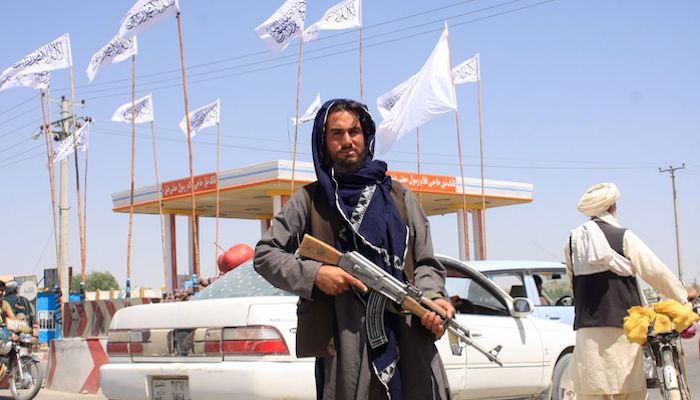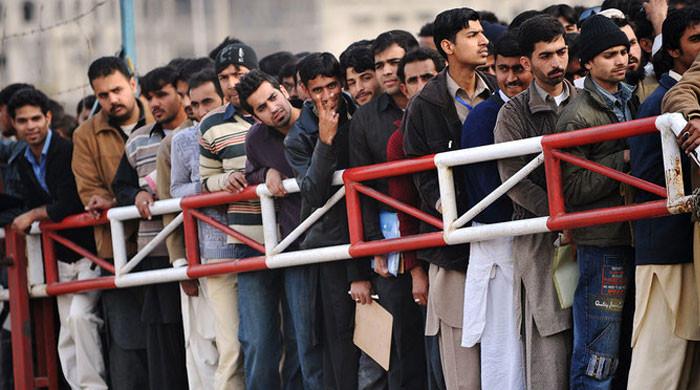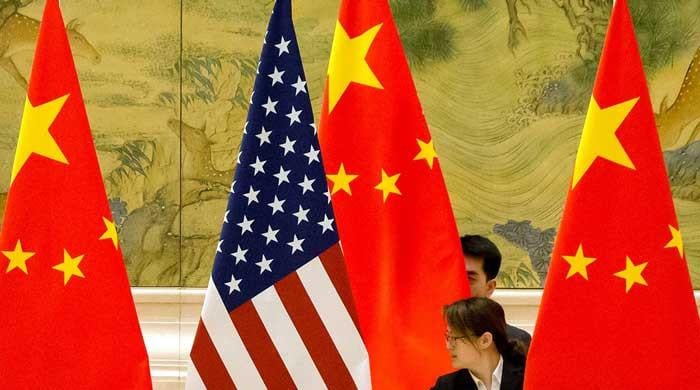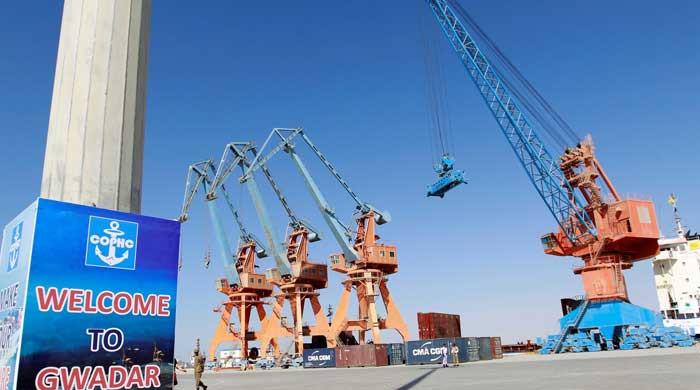The rise of the 'new' Taliban?
For now, it seems that the Taliban will want a cordial relationship with Pakistan
August 16, 2021

It is time for the world to ask some serious questions from the United States (US), and the United Nations (UN), about their constant failure in handling the situation post 9/11, which led to millions of people being killed in Iraq and Afghanistan.
So let’s start asking these questions.
First, after spending trillions of dollars on the so-called “War on Terror”, has extremism declined? And how different will the policy of the new Afghan regime be from that of the past?
What happened to the tall claims of fully trained and equipped Afghan forces? Where did all that money go? Also, let’s not forget the myth of the so-called weapons of mass destruction in Iraq.
From President George Bush to Joe Biden, Washington needs to change its narrative towards the world, while the West must come out from its Islamophobia.
As for Pakistan, there is much to think about. What will our future relationship with the Taliban be like? And how will we tackle the local groups, particularly those who glamorize the Talibs?
For now, the young Taliban leadership does not seem to be in a hurry for complete control and wants a smooth and peaceful transfer of power.
The Taliban have so far played their cards well, both in negotiations as well as on the field. They will take their time before unfolding their policy, which by and large would remain the same as prior to 9/11, with some changes in approach, as can be deduced from the recent interviews of its spokesman, Suhail Shaheen.
One thing is certain that the new Taliban regime may not allow groups like Daish or al-Qaeda to regain ground, nor would they back other global extremist groups. In fact, a month back a delegation of Taliban representatives went to China and assured them the same.
For now, it also seems that the Taliban would want a cordial relationship with Pakistan, which in the last few months has taken a firm position on the question of taking more refugees and also in regards to having no favorites in Afghanistan.
But, certainly there is a sign of relief for Pakistan with the closure of Indian business interest and consulates in Afghanistan.
The present leadership of Taliban is the legacy of its founder and first Amir, Mullah Mohammad Omer, who died in 2013. He had been very firm, rather stubborn, in his decisions such as when he refused to hand over Osama bin Laden.
He even turned down former President General Pervez Musharraf’s request to send Omar’s teacher, Mufti Nizamuddin Shamzai, with the former DG ISI.
It would be interesting to see how flexible the new leadership will be compared to the past. Their real test will begin once they get complete power and control.
In an interview yesterday on international media, the Taliban spokesman, Suhail Shaheen, clearly stated that women will be allowed to work if they wear a hijab. He added that they certainly would like to keep cordial relationships with the West, but would not compromise much on their definition of “human rights”.
In the coming days, months, maybe years, it would also be interesting to see how their relations with China, Russia and the Islamic world, including Pakistan, map out.
When the US-led coalition attacked Afghanistan in 2001, the then ISI chief, the late General Hameed Gul, had predicted the Americans defeat in an interview with me in 2009.
“Taliban would win and the US will be left with no other option but to leave,” he said, adding that when super powers start making fortresses for defense, it means they are on the defensive and losing.
As a democrat one has to accept the Taliban as the right to rule in whatever way they want to take Afghanistan with or without a voice of dissent. No one has a right to interfere in their internal matters as long as they don’t interfere in others.
But during their rule, the glamour of the Taliban would certainly grow in neighboring countries like Pakistan, particularly among the right wing parties, and more importantly among groups like Tehreek-e-Taliban Pakistan or religious parties like the Tehreek-e-Labbaik Pakistan.
The writer is a columnist and analyst of GEO, The News and Jang. He tweets @MazharAbbasGEO









